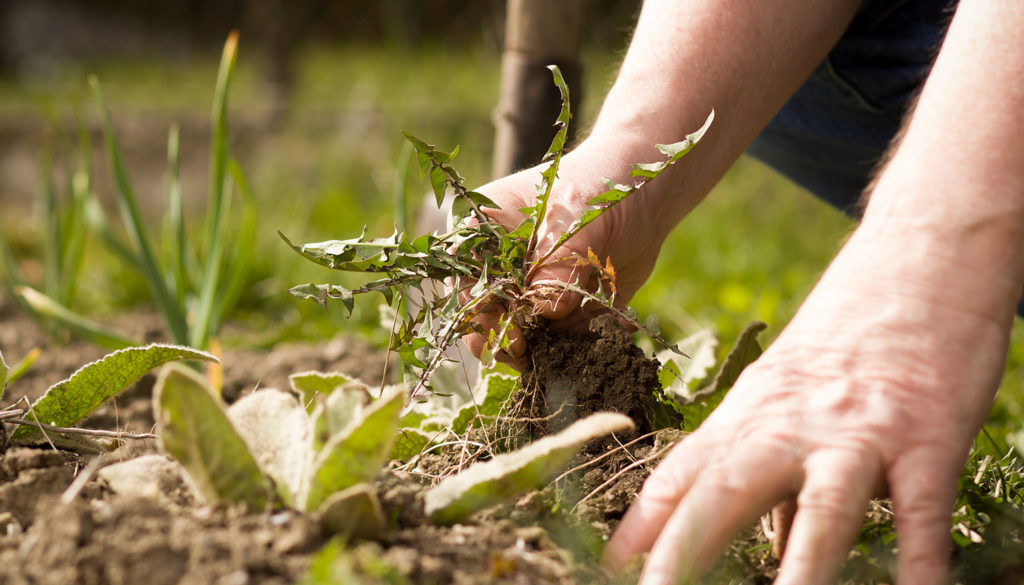I will wager that most people reading this have no idea who St. Fiacre was and what he has in common with the Beatles.
The whimsical Beatles song, “When I’m 64,” is a projection into a beautiful future with the singer joyfully looking forward to growing old with his true love, where even the simplest pleasures, such as “doing the garden, digging the weeds,” are things devoutly to be wished for. It is a tender piece of fluff, and now a wry twist of pop culture lore as the young man who penned the song in 1967 about what life might be like for someone at the ripe old age of 64 is going to be 83 in June.
Granted, a seventh-century Irish hermit was not going to make the cover of “Sgt. Pepper’s Lonely Hearts Club Band,” but as the patron saint of gardeners, he would have appreciated the sentiment in one of that album’s catchiest songs. There must have been more than one occasion when St. Fiacre was doing his garden while digging the weeds. Maybe a seventh-century chant helped him in this tedium; I am almost positive he used the opportunity to pray and probably offer up the pain in his back and the aches in his fingers as an act of self-mortification.
I do a lot of gardening myself. To be more accurate, my wife does a lot of gardening; I do a lot of digging and weeding. When the days elongate and that smell of growing grass returns, I know I have a date with destiny with our raised garden bed.
This brings me to my knees, and I think of the lyrics to songs from my childhood and other things. As St. Fiacre knew, there is a spiritual discipline one can attach to menial labor, especially one as elementary as gardening. It may not rival the Rule of Benedict, but for us less than saintly types, it can be as productive as using the right kind of vegetable fertilizer on one’s tomatoes.
First off, gardening puts you many times on your knees, putting you in a naturally prayerful posture. And if you are as old or older as the title of the Beatles song, you have enough aches and pains to offer up that could put a serious dent in the purgatory population. Depending on how far you let the garden go, you might be spending a lot of time hunched over pulling and digging up any number of species of marauding flora that, if left unchecked, will choke the life out of the good plants and vegetables you want to grow.
I know it sounds like a fastball down the middle, and it probably is, but it is safe to assume God knew what he was doing when it came to inspiring the Lenten calendar. Whether Easter comes “early” or “late” on the calendar, the 40 days leading up to it coincide with preparing soil for growth.
As part of my Lenten journey, I try not to complain too much about the tedium of weeding the raised garden bed, the rose bushes and around a lilac tree my wife insists is a tree but looks more like a multi-pronged overgrown bush to me. I said I “try” not to complain too much.
Maybe this is my 21st-century version of a hair shirt, which is the best way to describe having to crawl underneath this beast of a tree or bush like I was a 1917 doughboy squirming under barbed wire. I have the kind of Irish skin that cuts from a dirty look, so when I come out from under that tree, my arms look like they were tied up inside a burlap sack with three tomcats.
Equating the toil and effort a good garden takes is probably why Jesus uses gardening allegories so readily throughout the Gospels. Mustard seeds, wheat, and chaff, to name a few. I do not think my efforts rise to the level of an ascetic saint living in a cave, but like St. Fiacre, I do appreciate how doing the “dirty” work of preparation of either my raised garden bed or my own soul can lead to a bounty for both.

